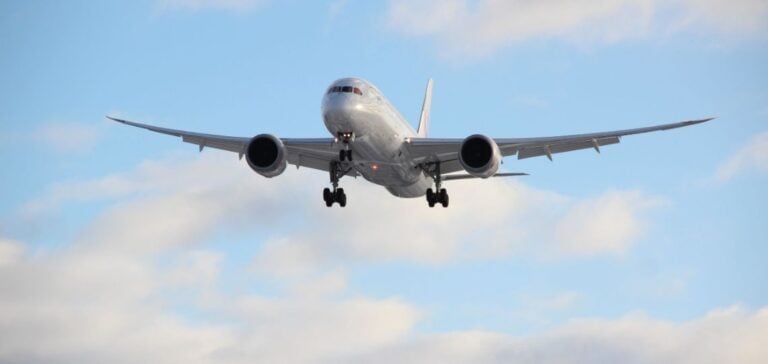Air travel, responsible for approximately 3% of global CO2 emissions, presents a significant challenge in combating climate change. To address this issue, the European Union (EU) has announced the creation of a label dedicated to evaluating the carbon dioxide emissions of flights. This tool, while optional, will be available to passengers starting in July 2025.
Currently, the methods used by airlines and ticket agencies to estimate emissions vary greatly, making comparisons difficult for consumers. With this label, the European Commission aims to provide a uniform and transparent estimate of greenhouse gas emissions linked to each flight, thus enabling travelers to make better-informed choices.
An Initiative to Encourage Less Polluting Flights
According to the Commission’s statement, this new tool is part of an effort to raise passenger awareness about the environmental impact of their air travel. The information provided by the label will make it easier to compare emissions between different flight options, favoring less polluting routes.
This initiative comes at a time when the aviation industry has committed to achieving an ambitious net-zero carbon target by 2050. However, technical and financial challenges hinder this transition.
Challenges for Sustainable Aviation
The large-scale production of Sustainable Aviation Fuel (SAF) and the renewal of fleets with next-generation aircraft are crucial for reducing emissions. However, the two main aircraft manufacturers, Boeing and Airbus, face difficulties in meeting the growing demand for these new models.
The development and distribution of SAF, whose use is vital to achieving “net-zero emissions,” also require significant investments. Despite these obstacles, the European CO2 emissions label aims to encourage technological progress and support efforts to make air travel more environmentally friendly.






















